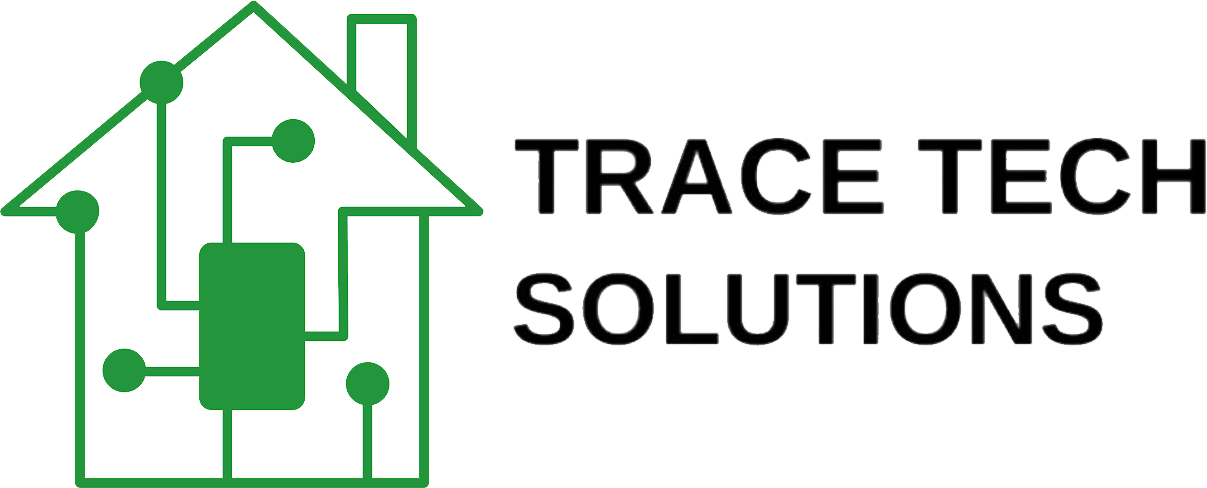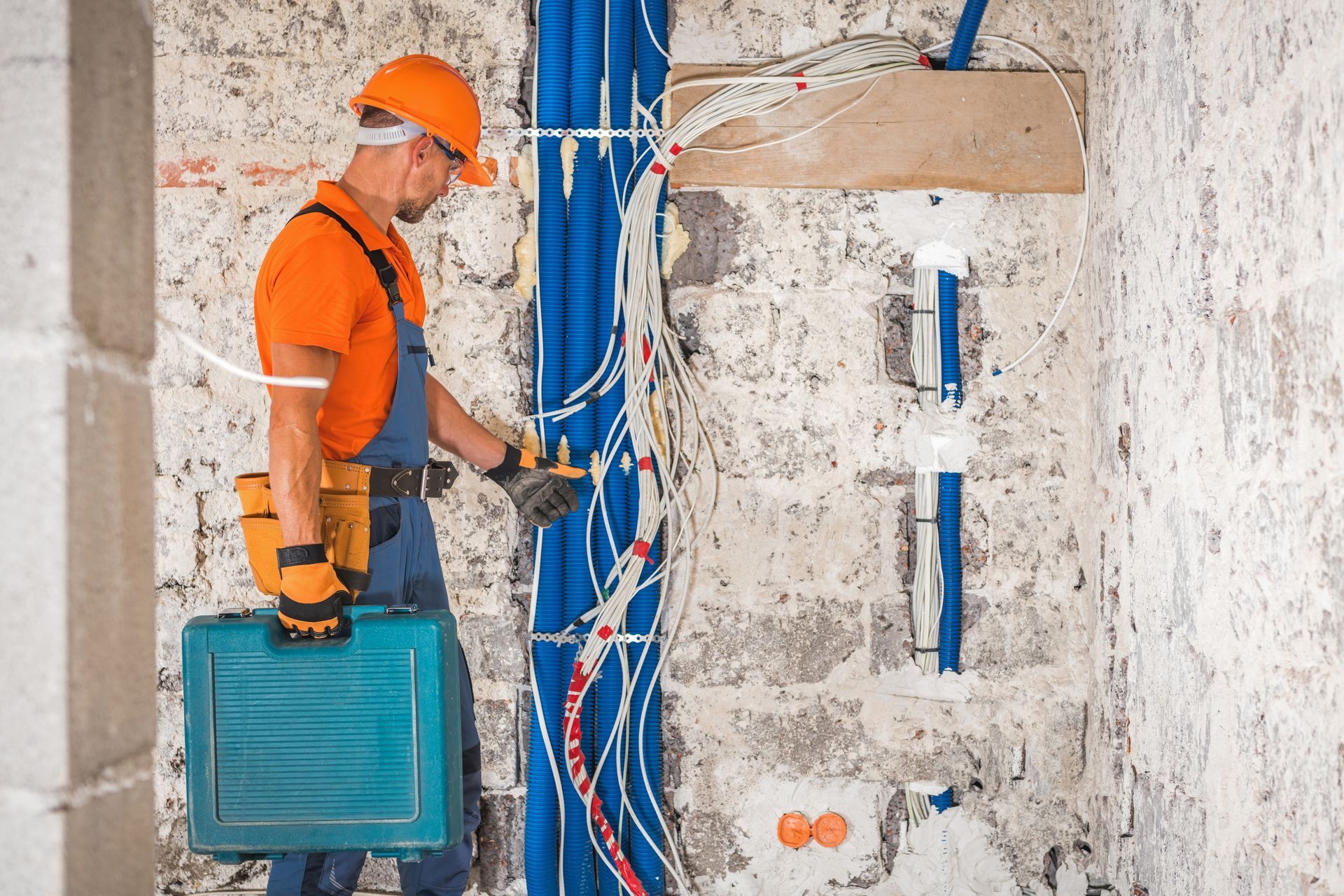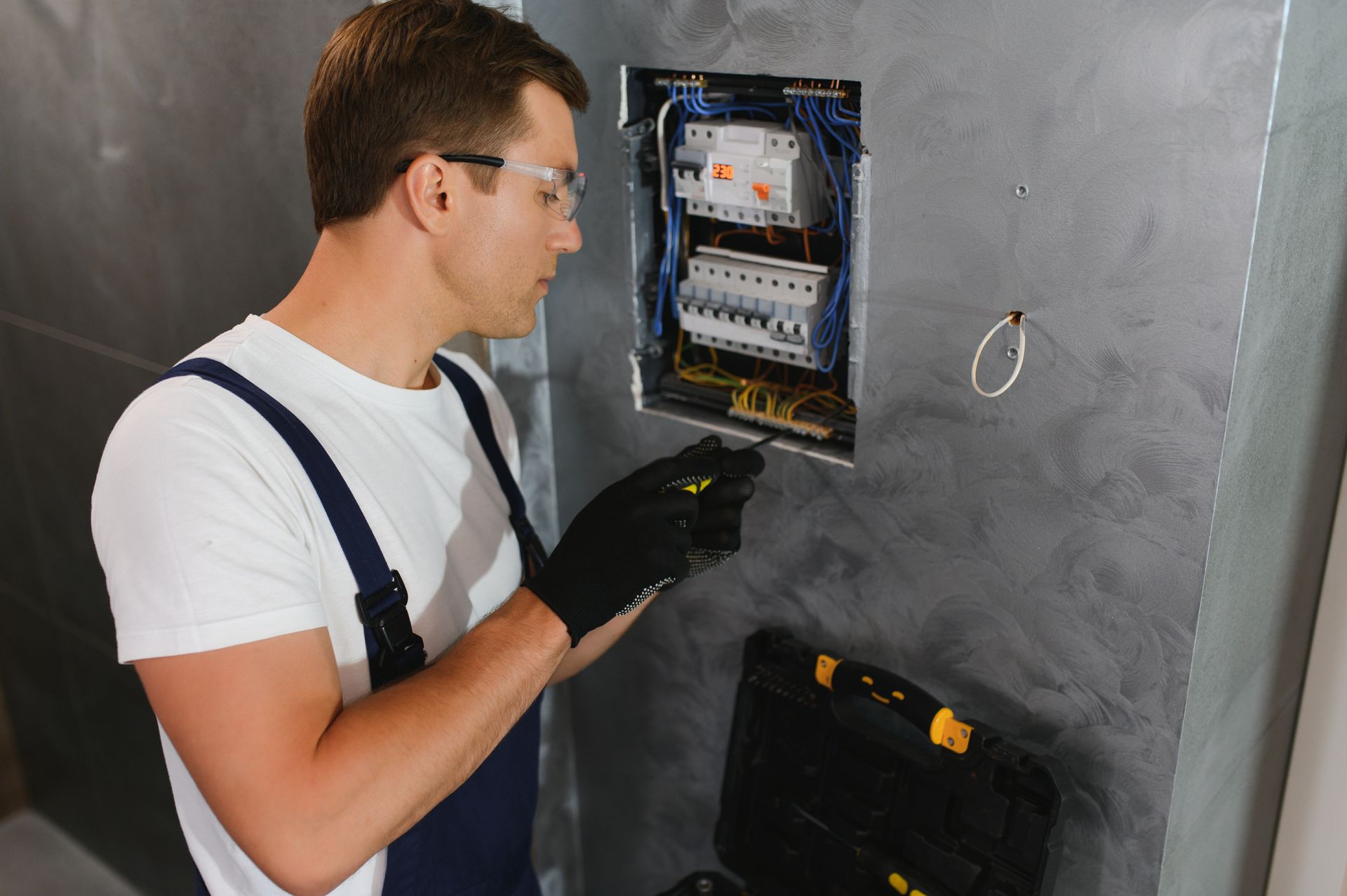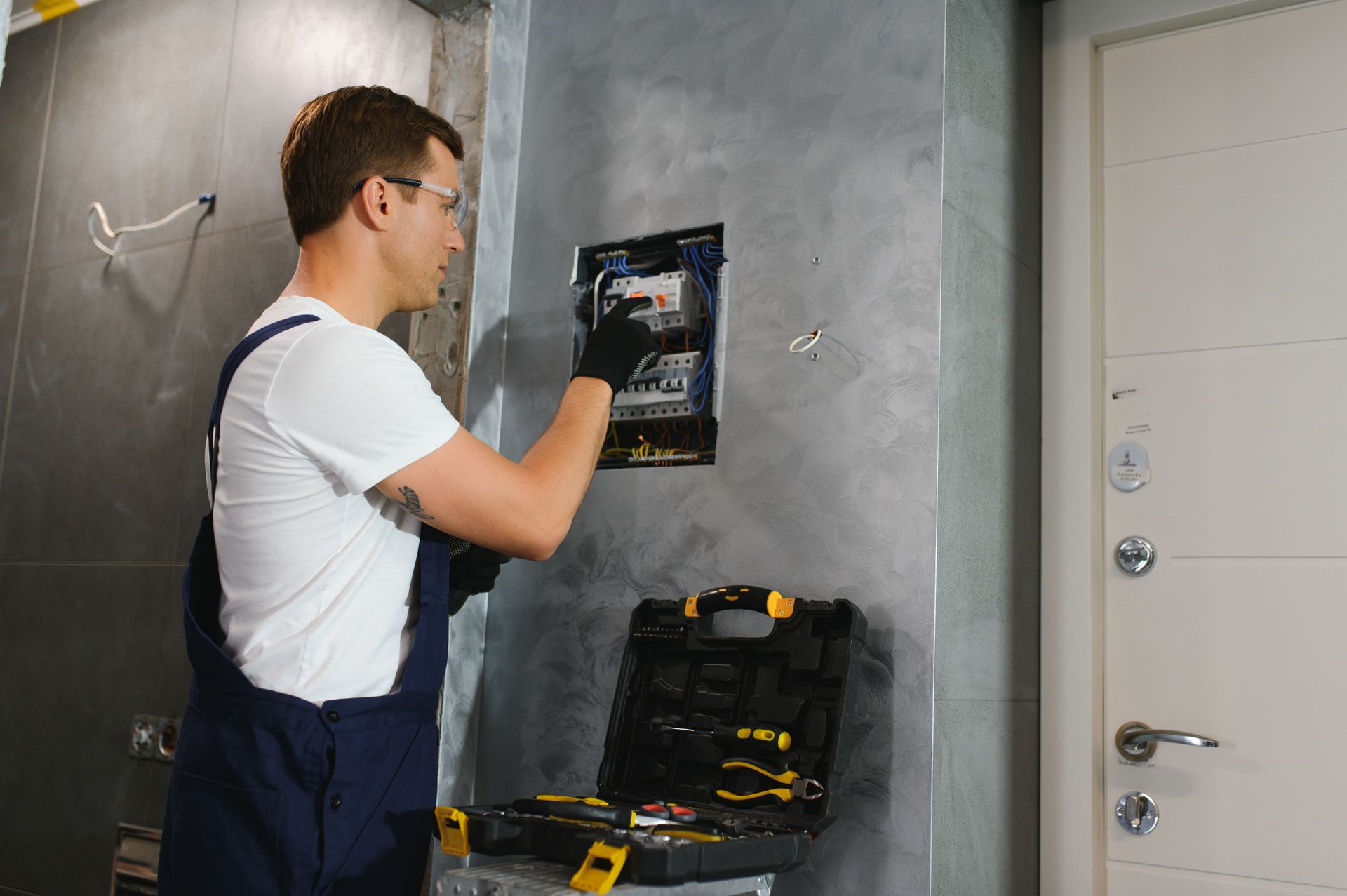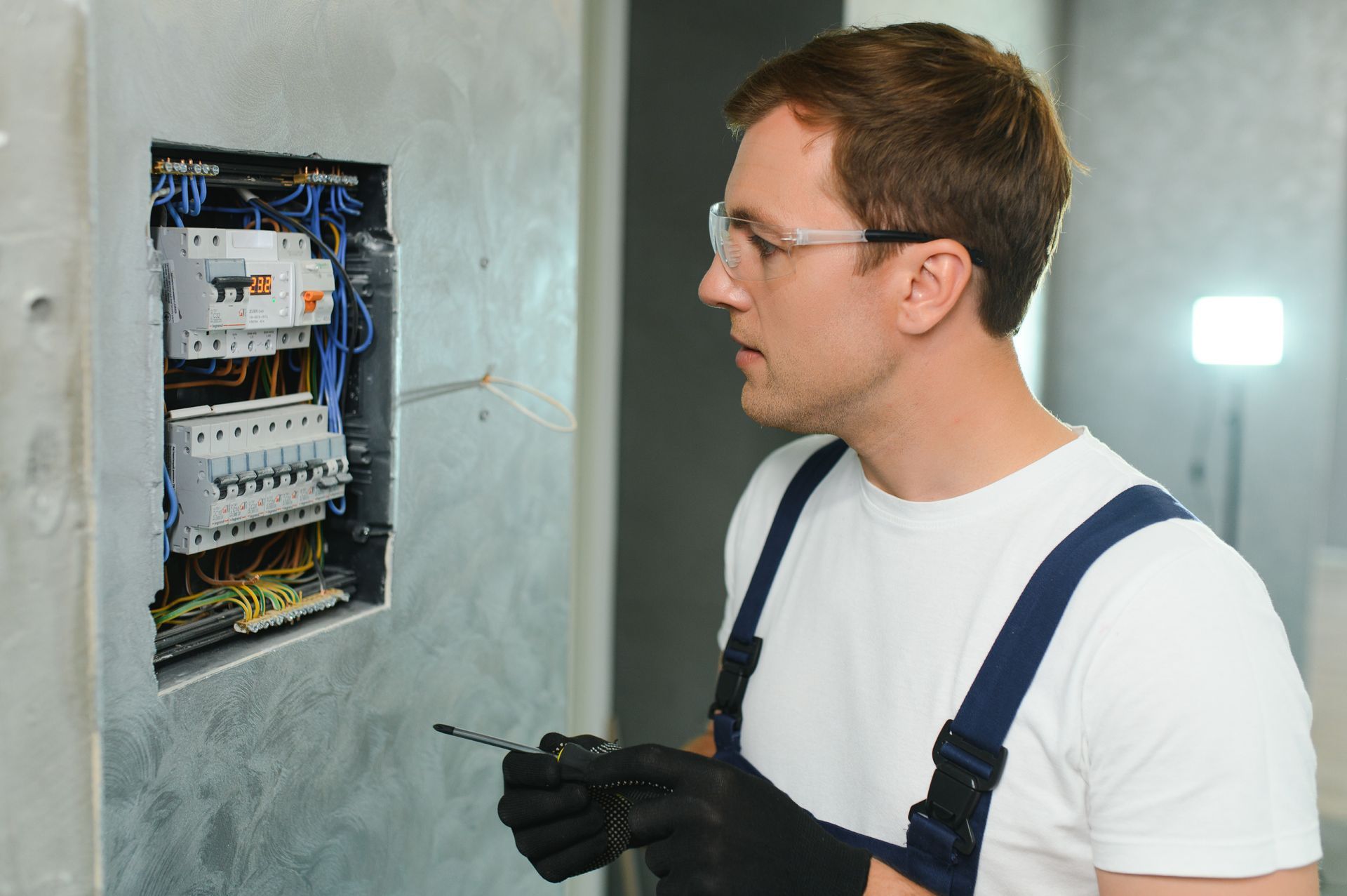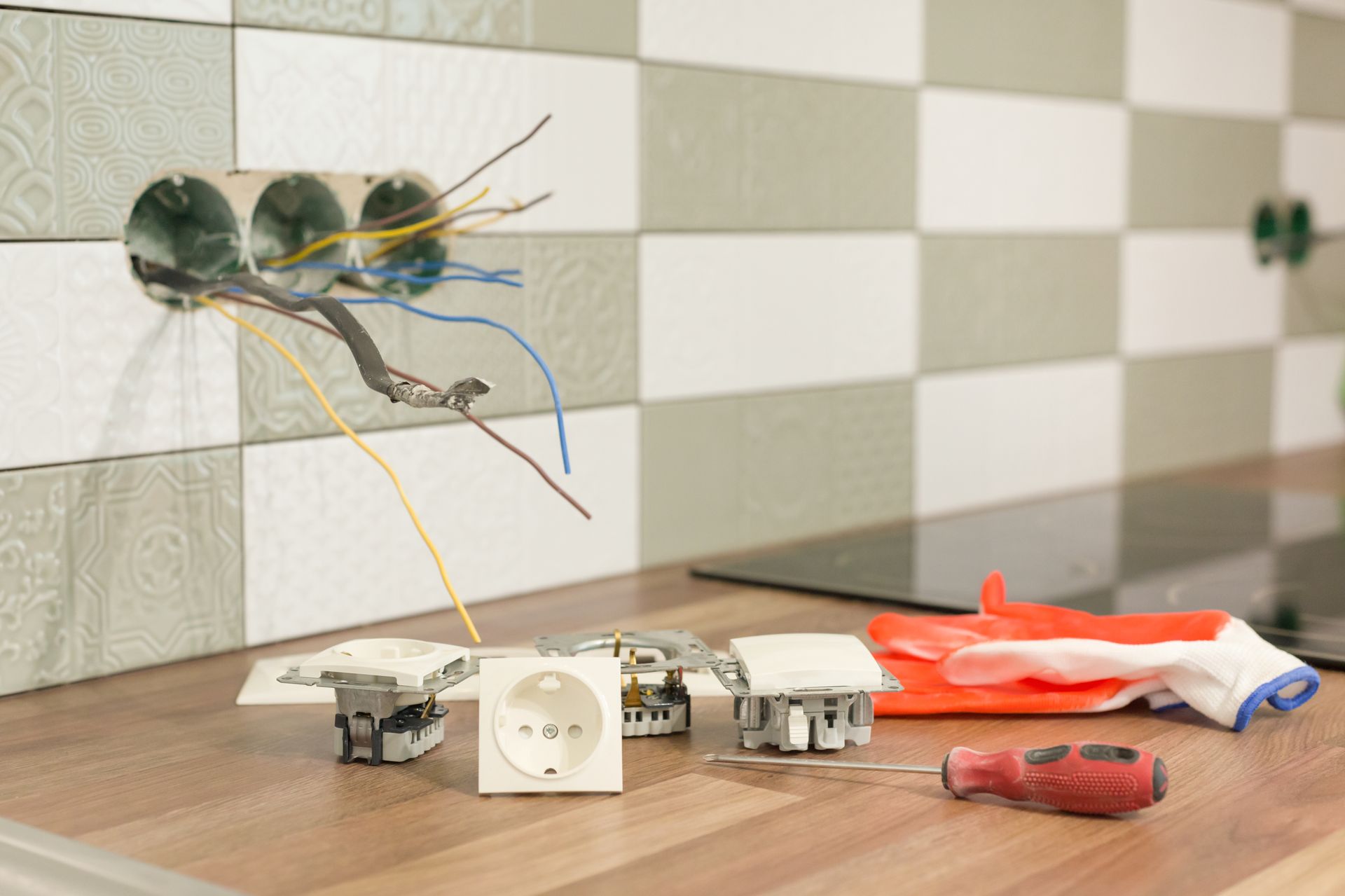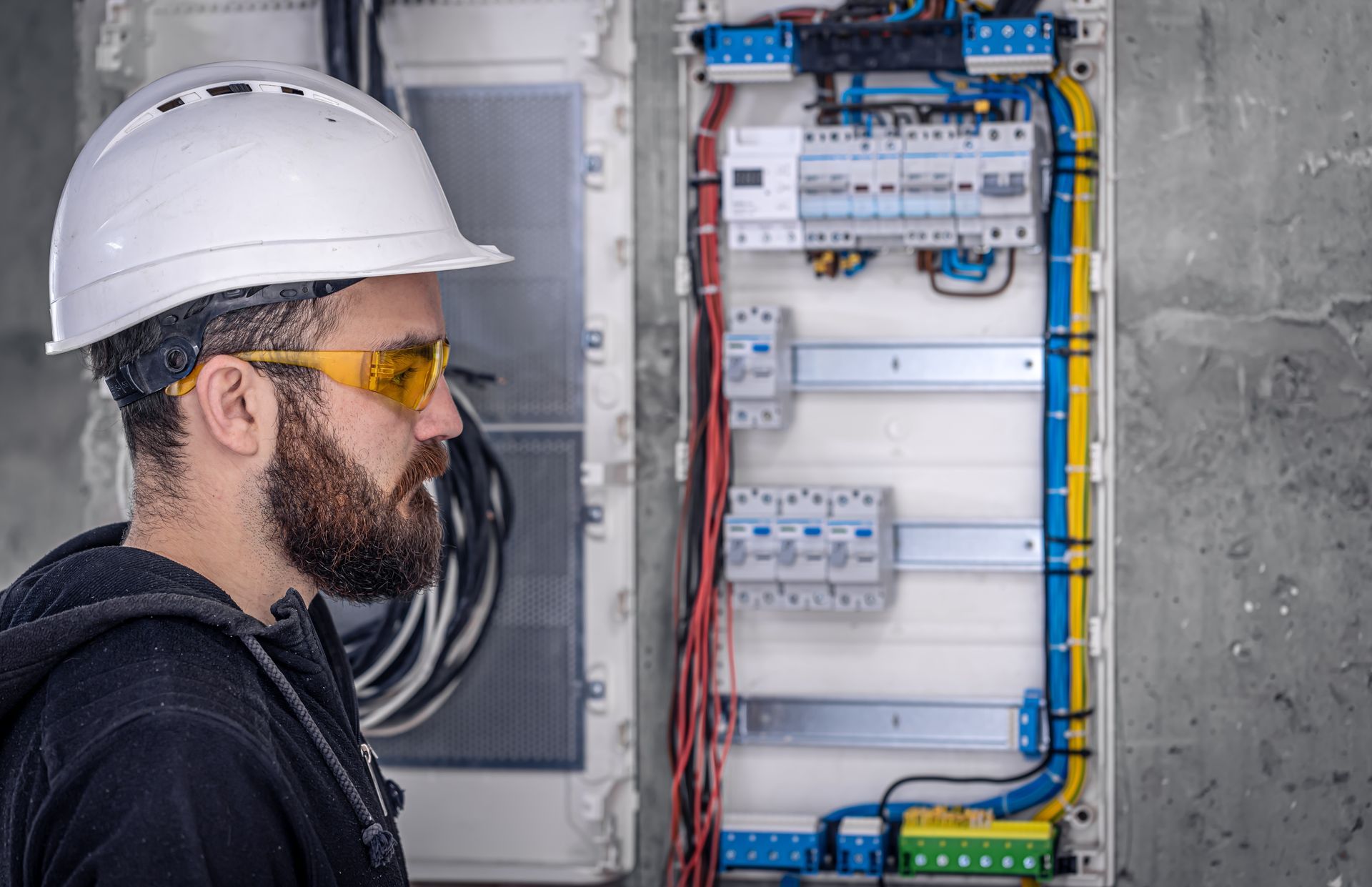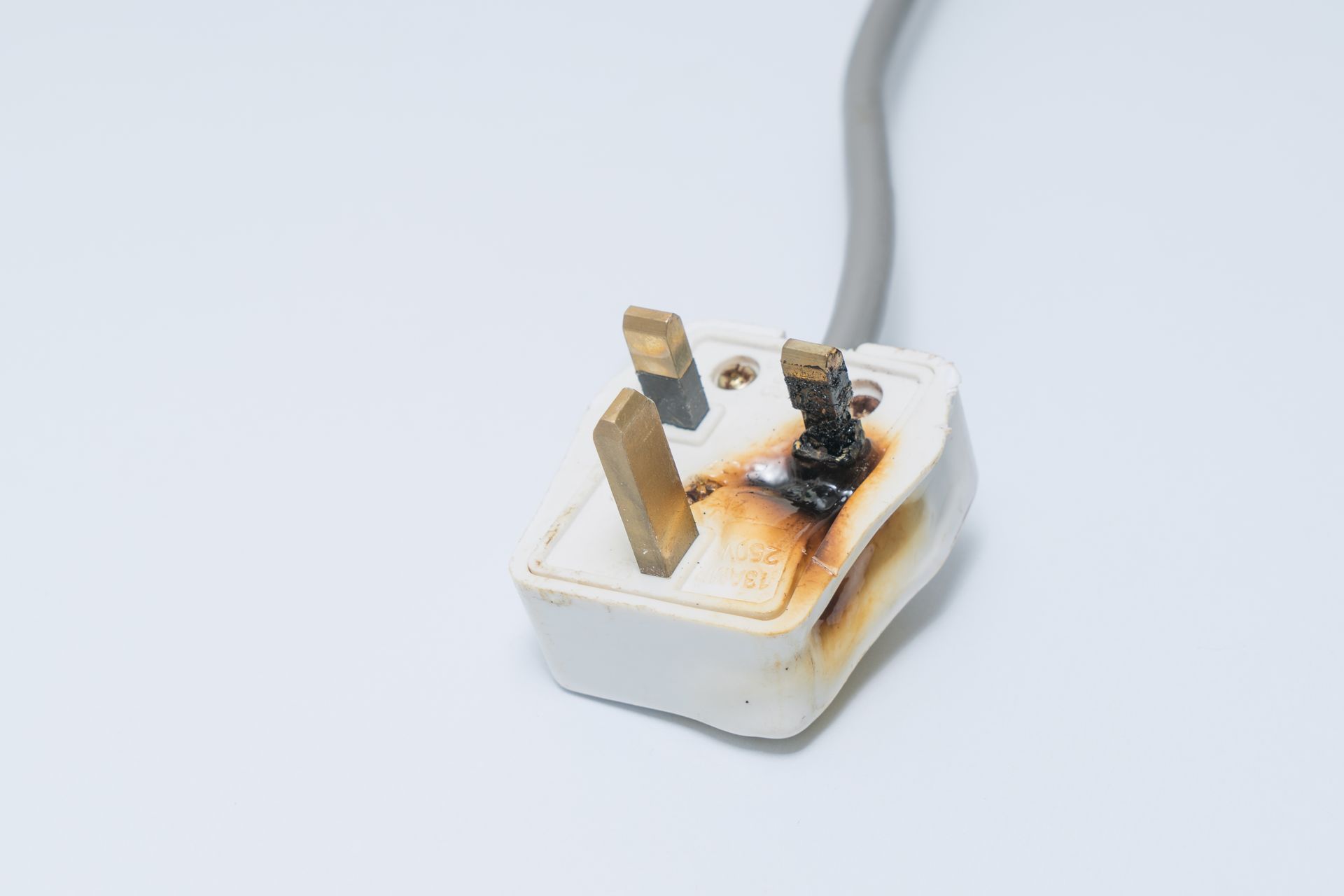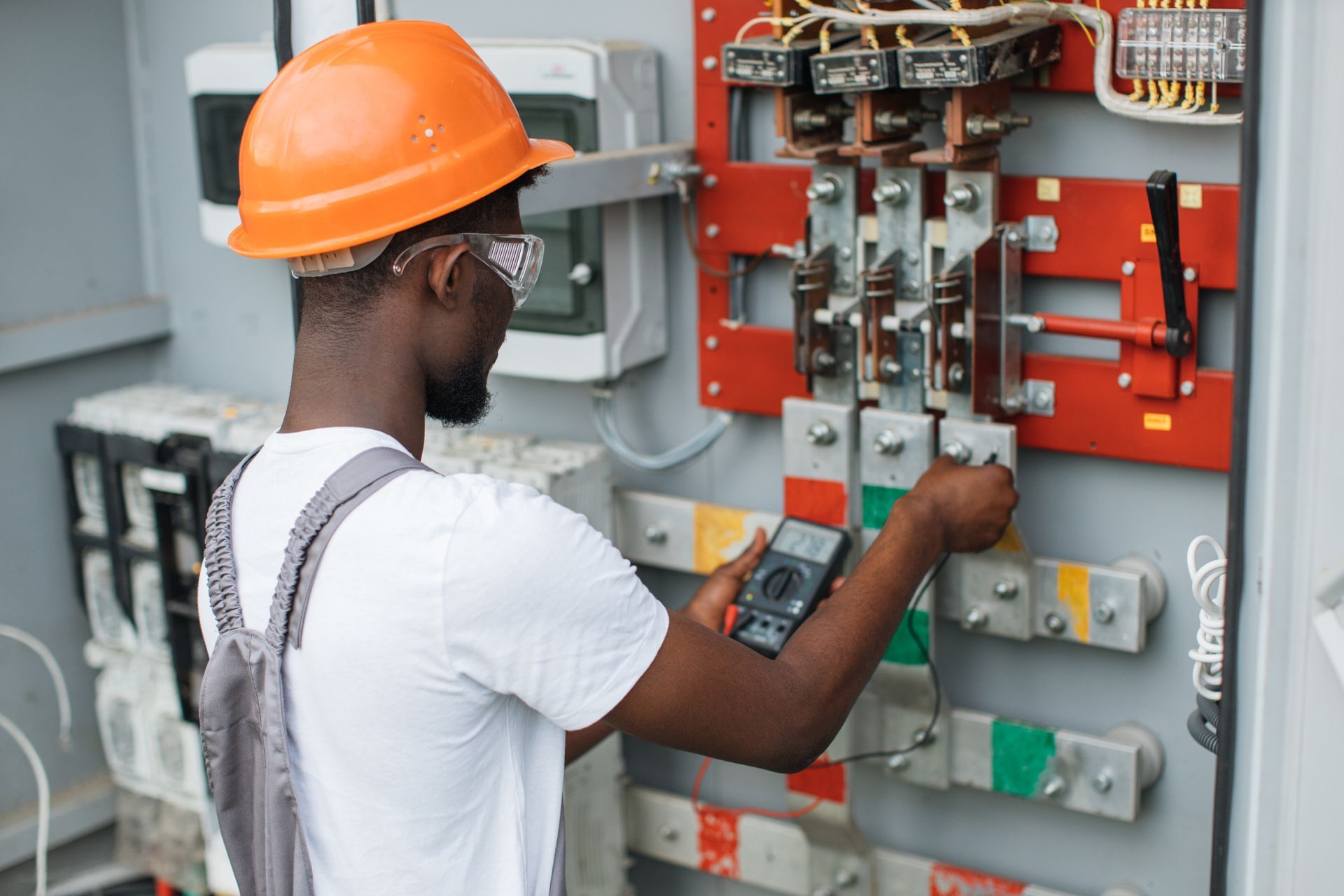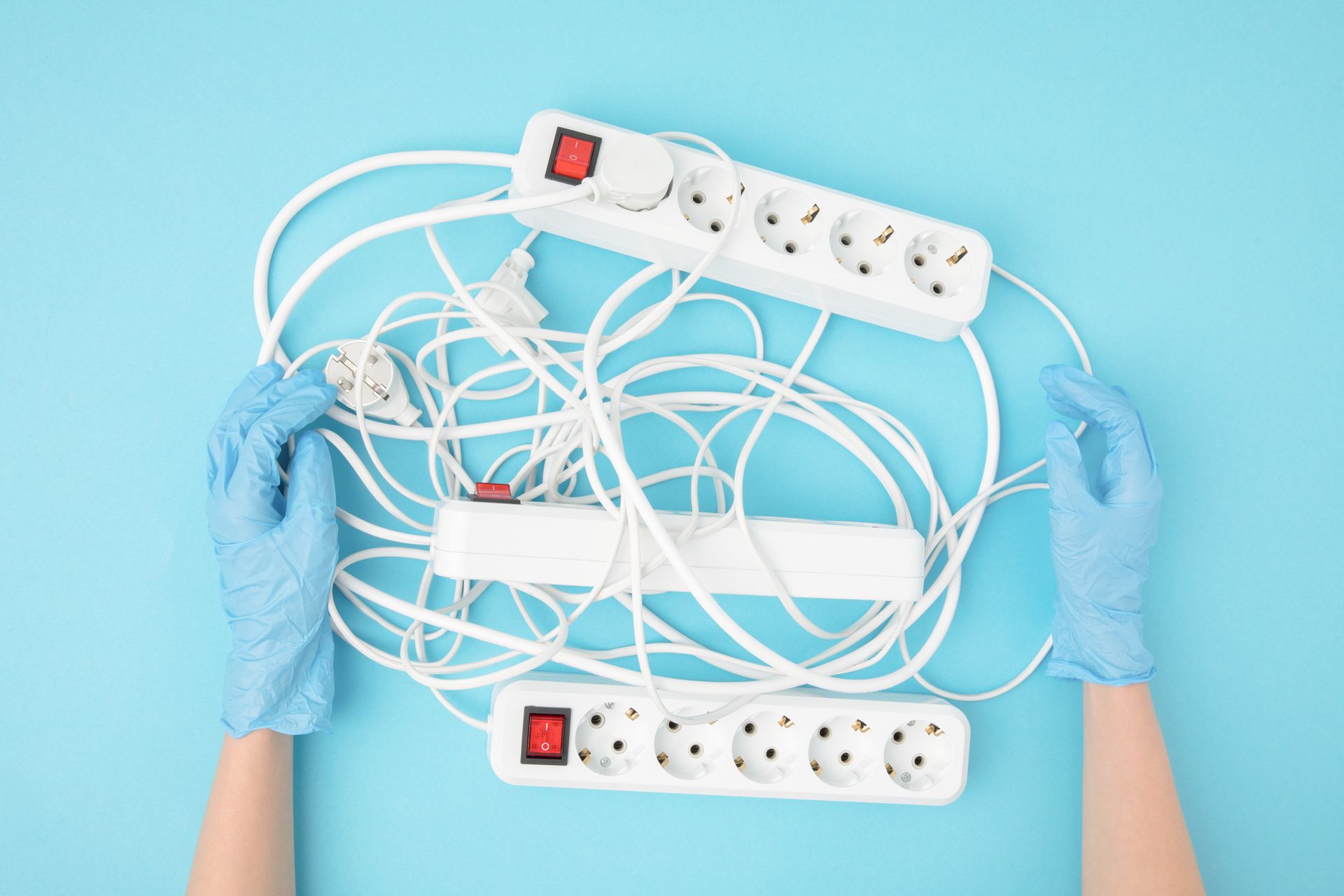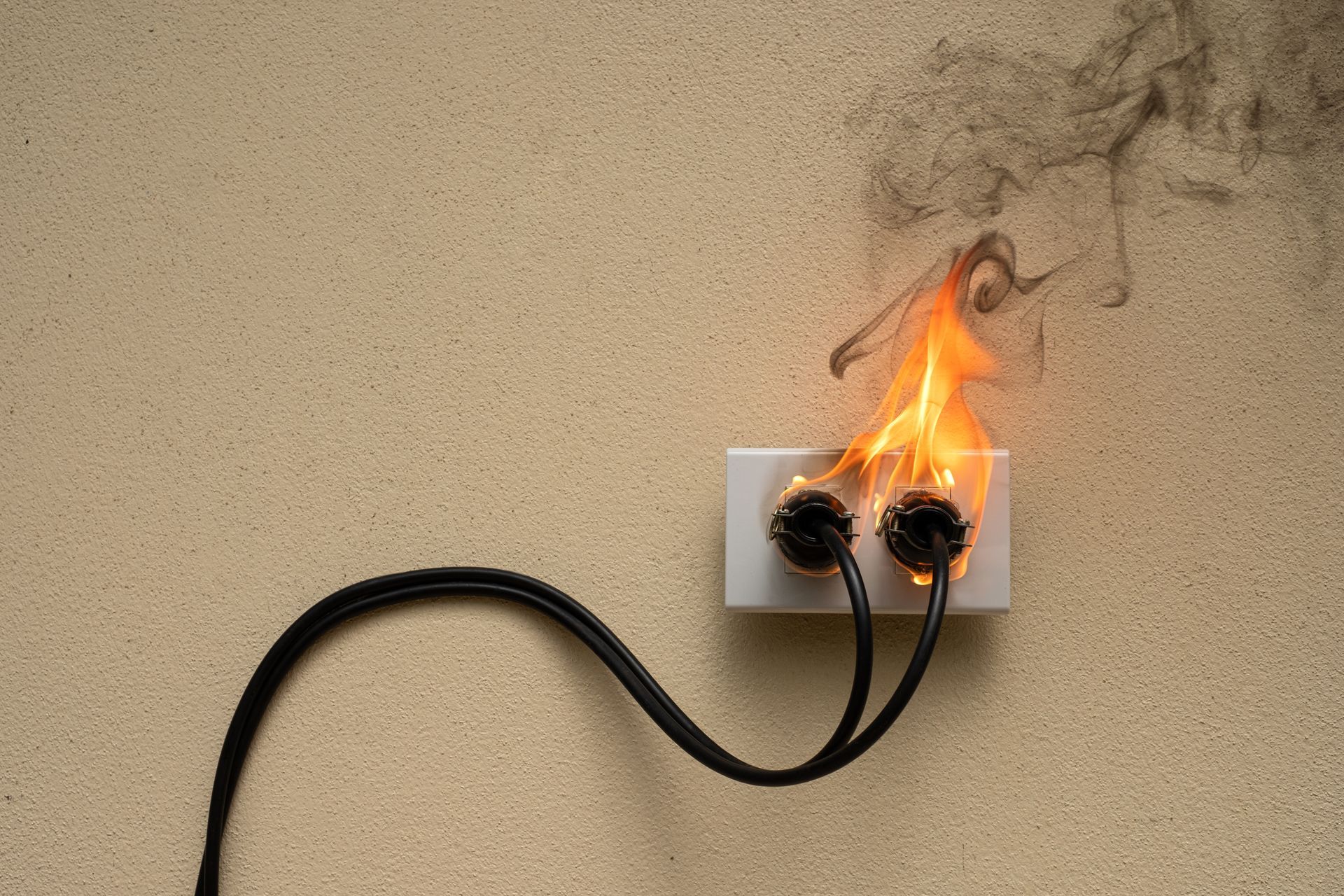The Hidden Dangers of Unsafe Electrical Systems at Home
The Hidden Dangers of Unsafe Electrical Systems at Home
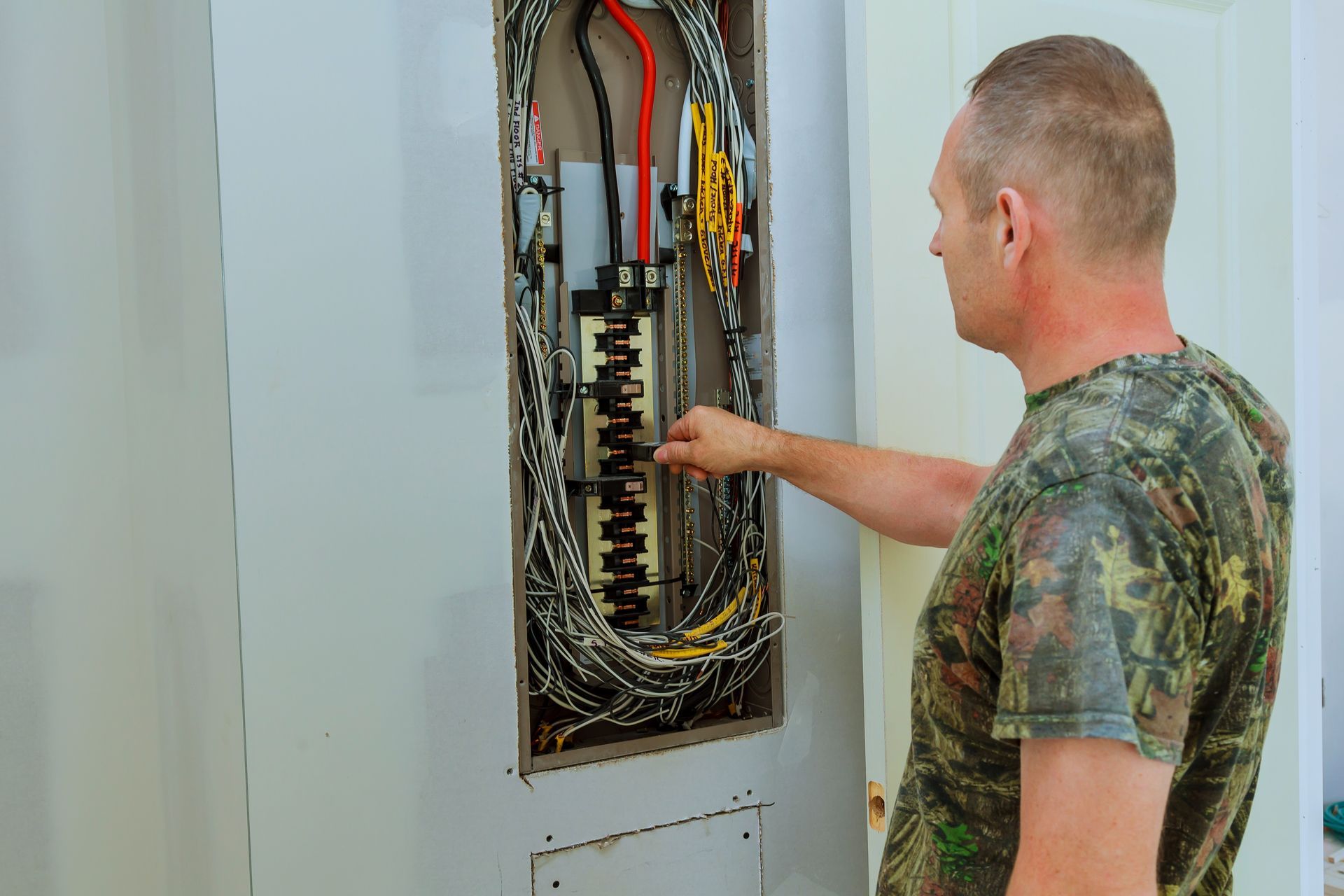
Electrical systems play a crucial role in our daily lives, powering everything from lights to essential appliances. However, unsafe electrical systems in the home pose a significant risk that should never be overlooked. Faulty wiring, outdated panels, or overloaded circuits can lead to fires, electric shocks, and other hazards. Here's what you need to know to keep your home safe.
1. Outdated Wiring
Older homes often have outdated wiring systems that were not designed to handle modern electrical demands. This can lead to overheating, short circuits, and even fires. Signs that your home might have outdated wiring include flickering lights, frequently tripping breakers, or warm outlets.
2. Overloaded Circuits
Plugging too many devices into one outlet or circuit can lead to an overload. This puts excess strain on the electrical system, increasing the risk of overheating and electrical fires. It’s essential to spread out high-energy devices across different circuits and use surge protectors where necessary.
3. Faulty Electrical Work
DIY electrical repairs or unlicensed electricians can cause serious safety issues. Incorrectly installed wiring, outlets, or panels can lead to a variety of hazards, including short circuits and fire risks. Always hire a licensed professional for electrical work.
4. Damaged or Exposed Wires
Damaged or exposed wires are a clear sign of an unsafe electrical system. Pets, rodents, or even regular wear and tear can damage wires over time, leaving them exposed and posing a serious fire hazard. Regular inspections can help identify these issues early.
5. Lack of Ground Fault Circuit Interrupters (GFCIs)
GFCIs are designed to protect against electric shocks, especially in wet areas like kitchens and bathrooms. Homes without GFCI outlets are at a higher risk for electrical accidents. If your home lacks these, it’s important to have them installed to protect your family from potential shocks.
6. Tripping Circuit Breakers
Frequent breaker trips are a sign that your system is overburdened or faulty. While circuit breakers are designed to prevent overloads by cutting off power, constant tripping signals a deeper issue that should be addressed immediately.
7. Electrical Fires
One of the most significant dangers of an unsafe electrical system is the risk of fire. Faulty wiring or overloaded circuits are the primary causes of electrical fires, which can spread quickly and cause devastating damage to your home.
How to Protect Your Home from Unsafe Electrical Systems
- Schedule Regular Inspections: Hire a licensed electrician to inspect your home’s electrical system, especially if it’s older or showing signs of wear. Regular inspections can catch potential hazards before they become major issues.
- Upgrade Wiring and Panels: If you live in an older home, consider upgrading the electrical wiring and panel to handle modern power needs safely.
- Install GFCIs: Make sure your home is equipped with GFCI outlets in moisture-prone areas to prevent electric shocks.
- Avoid Overloading Circuits: Distribute high-energy appliances across different circuits to reduce the strain on any one part of your system.
Conclusion
Unsafe electrical systems at home are not something to take lightly. The risks they pose—from fire to electric shocks—can endanger both your property and your family. By staying aware of warning signs, ensuring regular maintenance, and addressing potential hazards early, you can protect your home from these dangers. Always trust a licensed professional for repairs and upgrades to ensure the safety and reliability of your electrical system.
